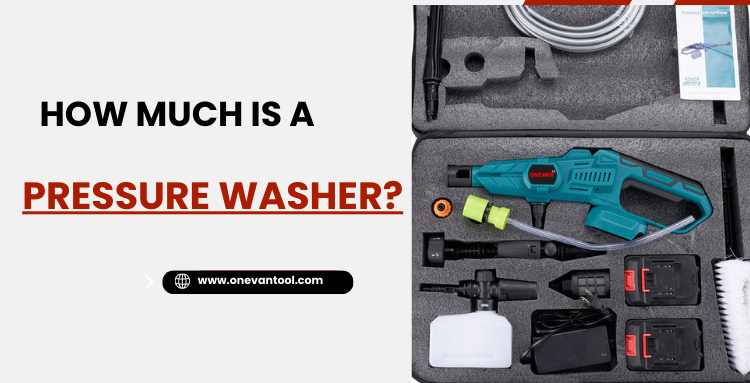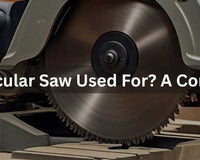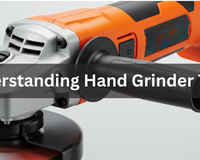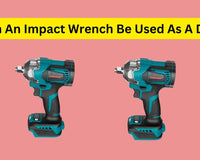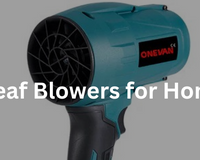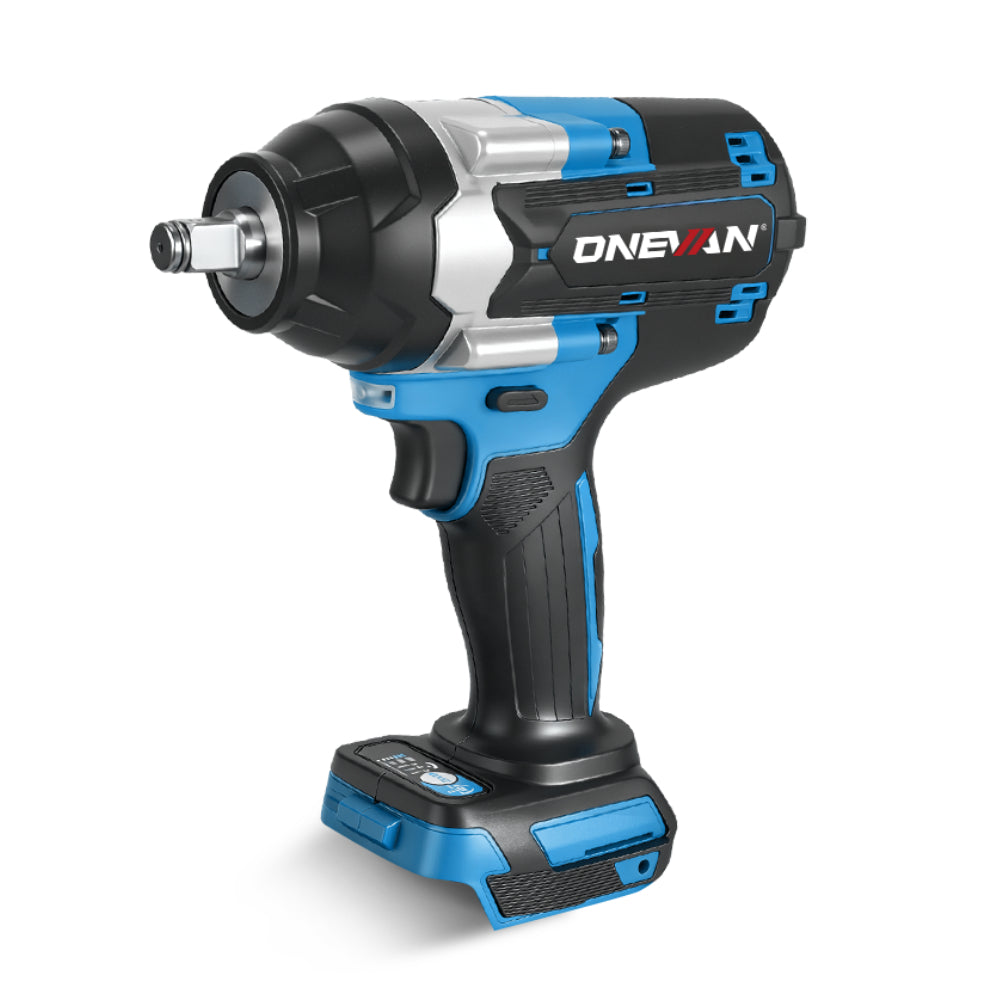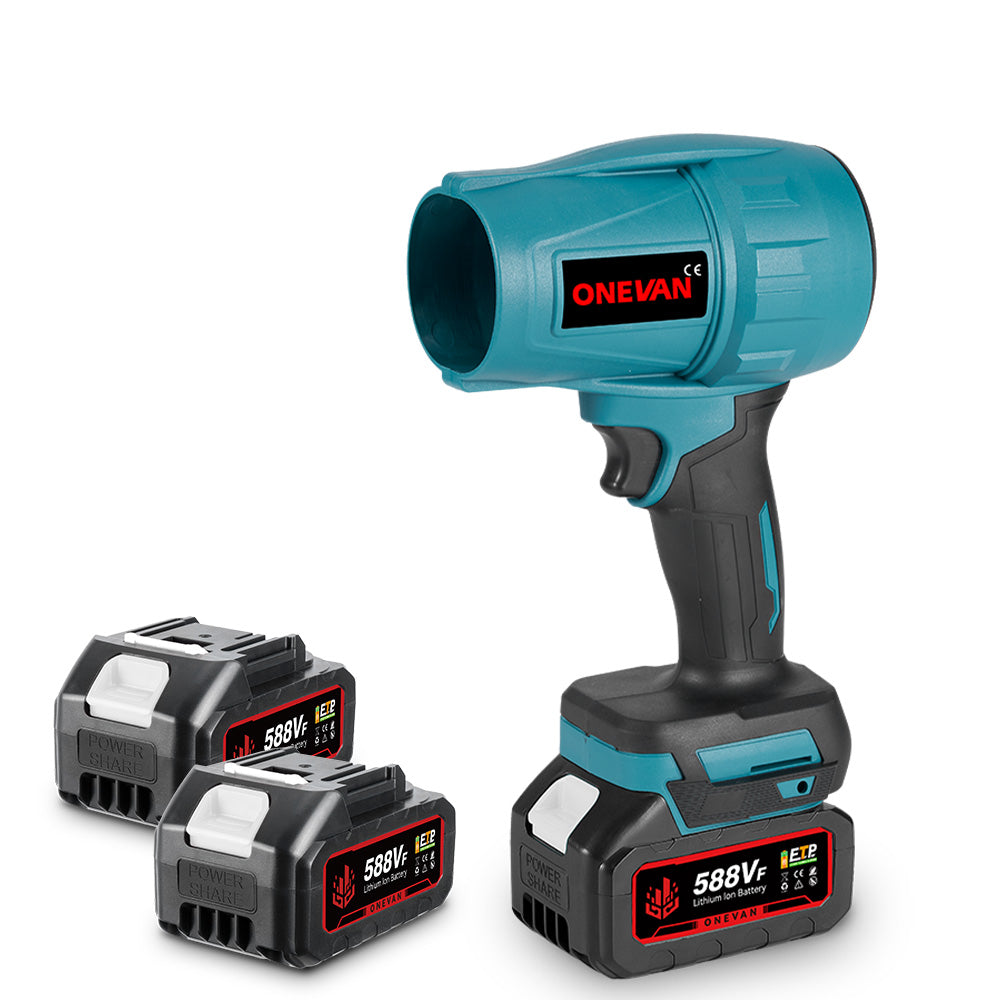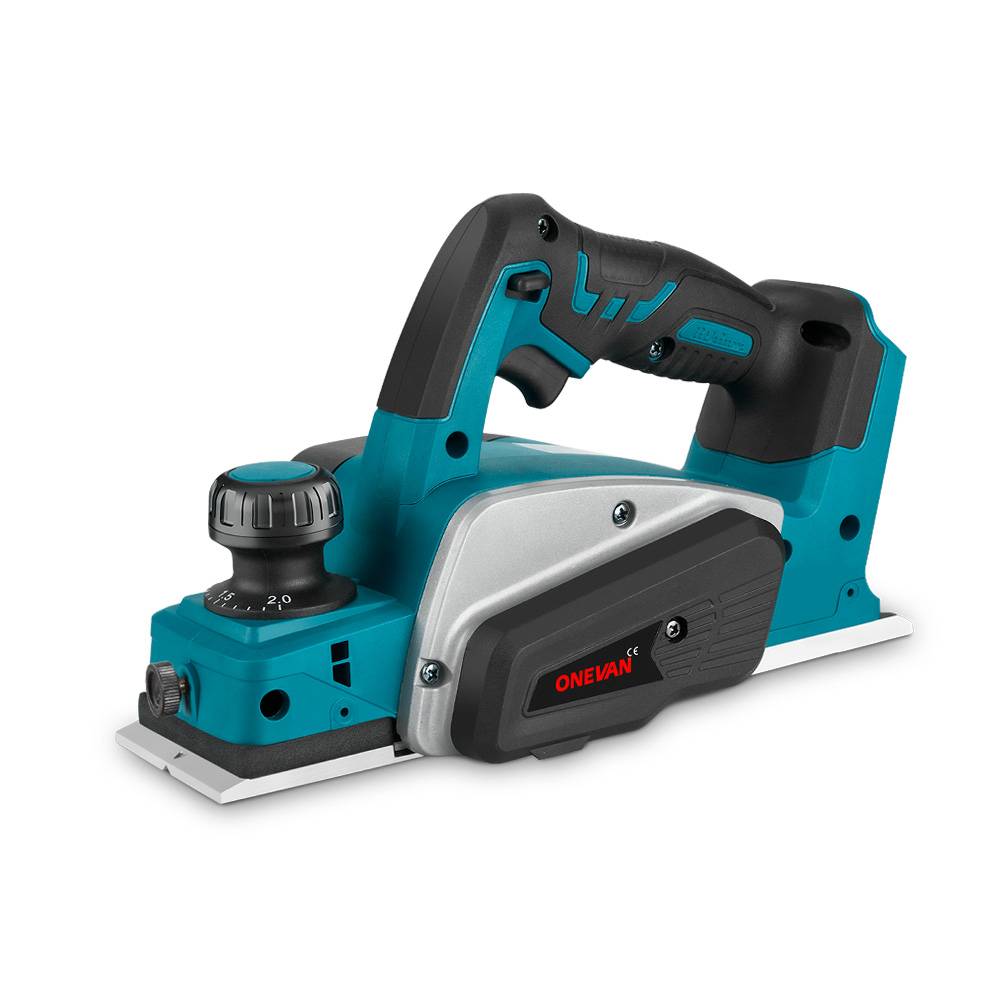La elección de la hidrolavadora más adecuada juega un papel decisivo para sobresalir en la mayoría de las actividades de limpieza para el hogar, la empresa o la industria. Las hidrolavadoras ofrecen un potente chorro que ayuda a eliminar el polvo, la suciedad y las manchas en diversas superficies. Invertir en una hidrolavadora profesional sin cable garantiza una limpieza eficiente sin dañar nada y ahorra tiempo y dinero.
Además, el uso de una hidrolavadora adecuada minimiza el riesgo de dañar superficies y otros materiales delicados, por lo que es una inversión inteligente que puede ayudar a lograr una limpieza profunda sin gastar mucho dinero.
El tipo de hidrolavadora afecta significativamente el costo de la misma. Existen tres tipos de hidrolavadoras, como:
- Hidrolavadoras con cable (Hidrolavadoras eléctricas)
- Hidrolavadora inalámbrica (Hidrolavadoras a batería)
- Hidrolavadoras a gasolina
- Hidrolavadoras de agua caliente
- Hidrolavadoras de calidad comercial
El precio varía según el tipo de hidrolavadora que elija para realizar la limpieza.
Fuente de energía: Existen tres tipos de hidrolimpiadoras eléctricas, inalámbricas y a gasolina disponibles en el mercado. Las hidrolimpiadoras a gasolina son conocidas por su potente capacidad de limpieza. Los modelos con cable también ofrecen buenos resultados, pero tienen limitaciones en cuanto a portabilidad. Por otro lado, las hidrolimpiadoras inalámbricas son livianas y extremadamente maniobrables para brindarle libertad de limpieza.
Factores clave del precio:
Presión: La potencia de limpieza se determina mediante la presión medida en PSI (libras por pulgada cuadrada). Los valores de PSI más altos indican una mejor capacidad de limpieza, generalmente con un precio de venta al público más alto.
Caudal: la cantidad de agua que una hidrolavadora puede suministrar en un minuto se denomina caudal, que se mide en GPM (galones por minuto). Es posible lograr velocidades de limpieza más rápidas, pero con un costo adicional, si se utilizan GPM más altos.
Características adicionales: Cosas como boquillas ajustables para diferentes patrones de lavado, aplicación de jabón usando tanques de detergente incorporados o mangueras más largas que brindan mayor alcance aumentan los precios de venta.
1. Tipos de hidrolavadoras y sus costos promedio
¿Cómo elegir la mejor hidrolimpiadora? Para responder a esta pregunta, debes conocer los diferentes tipos y el costo asociado con cada hidrolimpiadora inalámbrica. Las hidrolimpiadoras difieren según las demandas del uso específico. También vienen con diferentes precios y características. A continuación, mencionamos los cinco tipos más comunes de hidrolimpiadoras:
Hidrolavadoras eléctricas
Las hidrolimpiadoras eléctricas son habituales en las zonas residenciales debido a su diseño sencillo y al mínimo mantenimiento que suelen requerir. Suelen ser más ligeras y silenciosas que los modelos a gasolina.
Las hidrolavadoras eléctricas que hemos revisado y recomendado cuestan entre $80 y $500, dependiendo de su potencia.
Diseñadas para uso general, estas hidrolimpiadoras son ideales para limpiar patios, terrazas, automóviles y muebles de exterior. Los beneficios de las hidrolimpiadoras a gas son:
- Emiten poco ruido
- Tener menos humos
- Son fáciles de utilizar, especialmente en actividades del hogar.
Hidrolimpiadoras a batería
Las hidrolavadoras portátiles no necesitan electricidad ni gasolina. Se utilizan principalmente para operaciones de limpieza de bajo nivel y se consideran prácticas y portátiles.
Los precios de las hidrolimpiadoras a batería son moderados y suelen rondar entre los 50 y los 300 dólares. Estas hidrolimpiadoras son ideales para lavar coches, bicicletas y todo tipo de equipos que requieran lavado en un espacio reducido.
Sus principales beneficios incluyen:
- Mayor movilidad
- Operaciones relativamente libres de ruido
- No se requieren cables ni entrada de corriente.
Hidrolavadoras a gasolina
Las hidrolimpiadoras eléctricas son adecuadas para uso doméstico debido a su menor potencia en comparación con los modelos de gasolina, que se recomiendan para uso comercial debido a su mayor potencia y capacidad para manejar tareas más exigentes.
Los precios de estas hidrolavadoras generalmente varían entre 250 dólares estadounidenses y más de 1.000 dólares estadounidenses, dependiendo de la potencia y otras opciones.
Las hidrolimpiadoras a gasolina son adecuadas principalmente para operaciones como:
- Limpieza de carreteras
- Enormes terrazas
- Conjuntos de casas
- Equipos de construcción.
Hidrolavadoras de agua caliente
Cuando se trata de combatir la suciedad más persistente, las hidrolimpiadoras con agua caliente son las mejores. El poder de limpieza del agua caliente es mayor que el del agua fría, lo que hace que las hidrolimpiadoras con agua caliente sean perfectas para tareas pesadas en áreas comerciales e industriales. Las hidrolimpiadoras con agua caliente cuestan entre $500 y $5,000 debido a sus características avanzadas.
Hidrolavadoras de calidad comercial
Las hidrolimpiadoras industriales profesionales están diseñadas para una máxima facilidad de uso y capacidad de limpieza. Se utilizan comúnmente en empresas de limpieza comercial y fábricas. Estas máquinas están diseñadas para funcionar durante muchas horas, por lo que se pueden utilizar con mucha frecuencia; proporcionan alta presión y altos caudales.
Se espera que los precios estimados de los modelos profesionales estén en el rango de $ 1500 a $ 5000, dependiendo de los méritos y deméritos de los dispositivos ofrecidos.
Estas máquinas de uso comercial, algunas de las cuales están equipadas para utilizar agua caliente, se utilizan generalmente para fines profesionales, tales como:
- Lavar graffitis
- Limpieza de máquinas grandes
- Superficies de equipos y otras estructuras.
Comparación detallada: modelos eléctricos, a gas, a batería, de agua caliente y comerciales
|
Tipos |
Características principales |
Ventajas |
Contras |
Rango de precio promedio |
|
Hidrolavadoras eléctricas |
Funciona con electricidad, normalmente entre 1000 y 2000 PSI, es más ligero y más silencioso. |
Fácil de usar, bajo mantenimiento, silencioso, sin emisiones. |
Movilidad limitada debido al cable, menos potente. |
$80 - $500 |
|
Hidrolavadoras a gasolina |
Alimentado por motores de gasolina, generalmente de 2000 a 4000 PSI, mayor caudal. |
Alta potencia, mayor movilidad, adecuado para tareas pesadas. |
Ruidoso, requiere combustible y mantenimiento y emite emisiones. |
Entre $250 y $1000+ |
|
Hidrolavadoras alimentadas por baterías |
Inalámbrico, alimentado por baterías recargables, menor PSI, portátil |
Altamente portátil y silencioso; no se necesitan cables ni enchufes. |
Tiempo de funcionamiento limitado, menos energía y la batería necesita recargarse. |
$50 - $300+ |
|
Hidrolavadoras de agua caliente |
Utiliza agua caliente, alto PSI y caudal, y capacidades de limpieza avanzadas. |
Poder de limpieza superior, eficiente en la eliminación de grasa y aceite. |
Caro |
$500 - $5000 |
|
Hidrolavadoras de calidad comercial |
Diseñado para uso intensivo, alta durabilidad, alto PSI y GPM |
Extremadamente potente, duradero y diseñado para uso profesional. |
Es muy caro, pesado y requiere mantenimiento. |
$1500 - $5000 |
2. Factores que influyen en los precios de las hidrolavadoras
Algunos factores que contribuyen al costo de las hidrolavadoras las hacen caras y determinan su precio. Entre ellos se incluyen los siguientes aspectos en las diferentes marcas y modelos disponibles. Tipo de hidrolavadora:
Los precios de las hidrolavadoras varían según el tipo de hidrolavadora que se utilice. Los modelos eléctricos son más económicos, mientras que los modelos a gas y de agua caliente son más caros debido a su mayor potencia y otras funciones. Existen tres tipos básicos de hidrolavadoras: hidrolavadoras de clase comercial, que son las más costosas y están diseñadas para uso profesional.
Potencia de salida:
Estas características incluyen la potencia de salida en términos de PSI (libras por pulgada cuadrada equivalente) y GPM (galones por minuto), lo que determina el rango de precios. Por lo general, los equipos con valores de PSI y GPM más altos tienen mayor potencia y eficiencia de limpieza, de ahí los costos más altos.
Marca y Calidad:
La reputación de la marca y la calidad también son dos parámetros importantes. Las marcas populares prestan mucha atención al rendimiento del producto y utilizan materiales y piezas de alta calidad para mantener su reputación. En última instancia, esto aumenta el costo.
Características y accesorios:
Si se añaden más funciones y accesorios, es probable que el coste aumente. Las boquillas ajustables, los depósitos de detergente y los carretes de manguera son prácticos y funcionales, pero estas opciones también encarecen el dispositivo.
Características adicionales:
Características adicionales como el espacio de almacenamiento interno, el control de presión ajustable y algunos componentes de calefacción en los modelos de agua caliente conducen a un rango de precios elevado.
Accesorios:
Otras características incluyen boquillas adicionales, limpiadores de superficies y varillas extensibles. Estas características también afectan el costo del limpiador, ya que ayudan a realizar más tareas de limpieza.
Garantía y soporte:
Los equipos con garantías extendidas suelen tener un precio más alto. Estas garantías brindan a los compradores cierto nivel de confianza y la mayoría de ellos están dispuestos a pagar más por ello.
Demanda y disponibilidad del mercado:
Las fuerzas del mercado influyen en gran medida en el precio de las hidrolavadoras. El aumento de los precios puede deberse a una mayor demanda de determinados modelos o características, mientras que la baja demanda o la alta disponibilidad hacen que bajen los precios. Si conocen estos cambios en el mercado, los compradores obtendrán el valor adecuado. Es importante comprobar las tendencias actuales del mercado y la disponibilidad de modelos antes de comprar una hidrolavadora.
3. Cómo seleccionar las hidrolimpiadoras ideales para satisfacer sus necesidades
Elegir la hidrolavadora adecuada no es solo cuestión de la marca. Se trata de adecuar las capacidades de la máquina a los requisitos de su trabajo de limpieza. Esta guía le muestra cómo tomar una decisión más inteligente teniendo en cuenta factores como:- Área de aplicación (doméstica/comercial)
- Durabilidad
- Mantenimiento requerido.
Para uso doméstico
Las hidrolimpiadoras eléctricas o a batería son las más adecuadas para uso doméstico. Son adecuadas para levantar cargas de tamaño pequeño a mediano, como mover escombros sobre patios, terrazas, automóviles y muebles de jardín.
Las hidrolavadoras eléctricas son bastante asequibles y cuestan entre $80 y $500. De manera similar, los modelos que funcionan con baterías y cuestan entre $50 y $300 son ideales para trabajos de limpieza pequeños y rápidos. Elija una presión en PSI y GPM adecuada para satisfacer las necesidades de su hogar promedio y de su familia pequeña.
Para uso comercial
La categoría preferida de hidrolavadoras comerciales debe ser la de modelos a gasolina o de agua caliente. Estos modelos funcionan como limpiadores intensivos para áreas grandes, vehículos de construcción y manchas difíciles de eliminar.
Las hidrolimpiadoras a gasolina, cuyo precio oscila entre 250 y 1000 dólares, ofrecen una potencia y una portabilidad inmensas, lo que las hace ideales para eliminar manchas difíciles de grasa y aceite de grandes superficies exteriores o industriales. Las hidrolimpiadoras industriales con todas las funciones, diseñadas para aplicaciones industriales, se utilizan con fines comerciales y cuestan entre 1500 y 5000 dólares.
Considerando la durabilidad y los costos de mantenimiento
Elija siempre una hidrolimpiadora que se ajuste a sus necesidades. Los modelos de gama más alta suelen ofrecer una mejor garantía y están fabricados con materiales más resistentes.
Si la durabilidad es la prioridad del cliente, puede esperar menos reparaciones y una vida útil más larga para su hidrolavadora. El mantenimiento regular, como revisar las mangueras, limpiar las boquillas y (en los modelos a gasolina) los cambios de aceite, mejora aún más el rendimiento de la hidrolavadora y reduce los costos generales de reparación.
4. Conclusión
Es fundamental elegir un tipo de hidrolavadora adecuado que garantice una limpieza impecable. Por lo tanto, para lograr los mejores resultados, ya sea en el hogar o en la empresa, es importante comparar la capacidad de la hidrolavadora con sus necesidades de limpieza.
Una máquina de mayor calidad con buenas características y materiales robustos normalmente requiere menos mantenimiento y, por lo tanto, cuesta más. Los clientes pueden seleccionar la hidrolavadora ideal teniendo en cuenta características como la potencia, las funciones adicionales y el costo total.
5. Preguntas frecuentes:
1. ¿Cuál es un buen precio para una hidrolavadora?
El precio de una hidrolavadora varía según su potencia y sus características. Los modelos eléctricos de uso liviano suelen costar entre 100 y 500 dólares, mientras que los modelos a gasolina de uso intensivo pueden costar hasta 1000 dólares o más. Los modelos de uso comercial pueden superar los 5000 dólares.
2. ¿Valen la pena las hidrolavadoras?
Sí, será más rápido limpiar con la ayuda de una hidrolavadora porque se puede utilizar en una variedad de objetos: pavimentos o ventanas, muebles de exterior o las paredes de tu casa.
3. ¿Qué tipos de hidrolimpiadoras son las más apropiadas para utilizar en casa?
Las hidrolavadoras eléctricas son preferibles para uso doméstico porque son baratas, fáciles de usar y tienen suficiente potencia y rendimiento en comparación con las máquinas a gasolina para uso doméstico destinadas a trabajos de limpieza diarios ligeros a medianos.
4. ¿Qué diferencia separa una hidrolavadora de una hidrolavadora?
La principal diferencia es que una hidrolavadora puede utilizar agua caliente, lo que es beneficioso para eliminar aceite y grasa, mientras que las hidrolavadoras normalmente no calientan el agua.
5. ¿Cuántos PSI tiene una buena hidrolavadora?
Al seleccionar su hidrolavadora, tenga en cuenta el trabajo que desea que haga. Las tareas de limpieza, como lavar automóviles o muebles, requieren de 1300 a 1800 PSI. Por lo tanto, para trabajos de nivel medio, como patios o cercas, se recomienda utilizar una presión de entre 1800 y 2500 PSI. Las tareas como quitar pintura requieren más de 2500 PSI para eliminar eficazmente la suciedad y otras manchas difíciles.
6. ¿Cuántos PSI necesito para limpiar el hormigón?
Puedes eliminar eficazmente la suciedad, la grasa y las manchas del concreto adaptando una hidrolavadora con al menos 3000 PSI.
7. ¿2000 PSI es demasiado para un automóvil?
El uso de una hidrolavadora con 2000 PSI podría causar daños a la pintura, los revestimientos y las juntas durante el lavado del automóvil. Para evitar estos daños, es mejor utilizar una presión de 1500 PSI o inferior para una experiencia de lavado más segura.
8. ¿Cuántos PSI se necesitan para limpiar una casa?
La presión necesaria para limpiar una casa depende del tipo de herramienta de limpieza que se utilice. Sin embargo, entre 1300 y 2000 PSI funciona bien para hidrolimpiadoras residenciales pequeñas.
9. ¿1500 PSI limpiarán mi entrada?
Sí, 1500 PSI pueden limpiar un camino de entrada, pero es posible que no sean muy eficaces para eliminar manchas y suciedades difíciles.
10. ¿Cuál es el mejor PSI para lavar un automóvil con una hidrolavadora?
La presión más adecuada para el lavado de automóviles con hidrolavadora es entre 1200 y 1900 PSI. Este rango garantiza pinturas y acabados seguros para el automóvil sin causar daños y, al mismo tiempo, es lo suficientemente potente para limpiar de manera efectiva.

